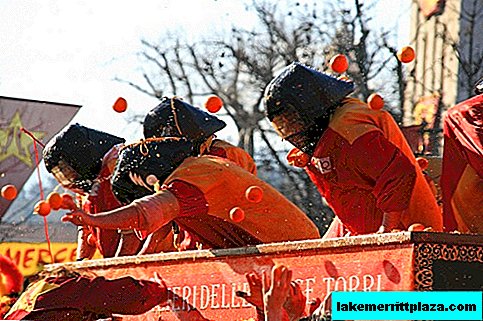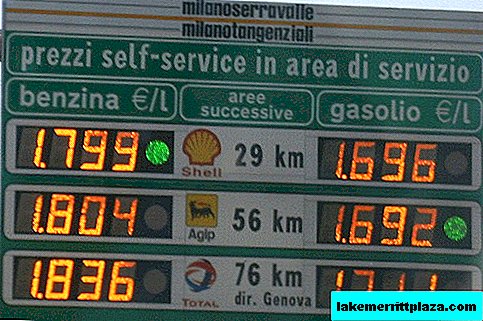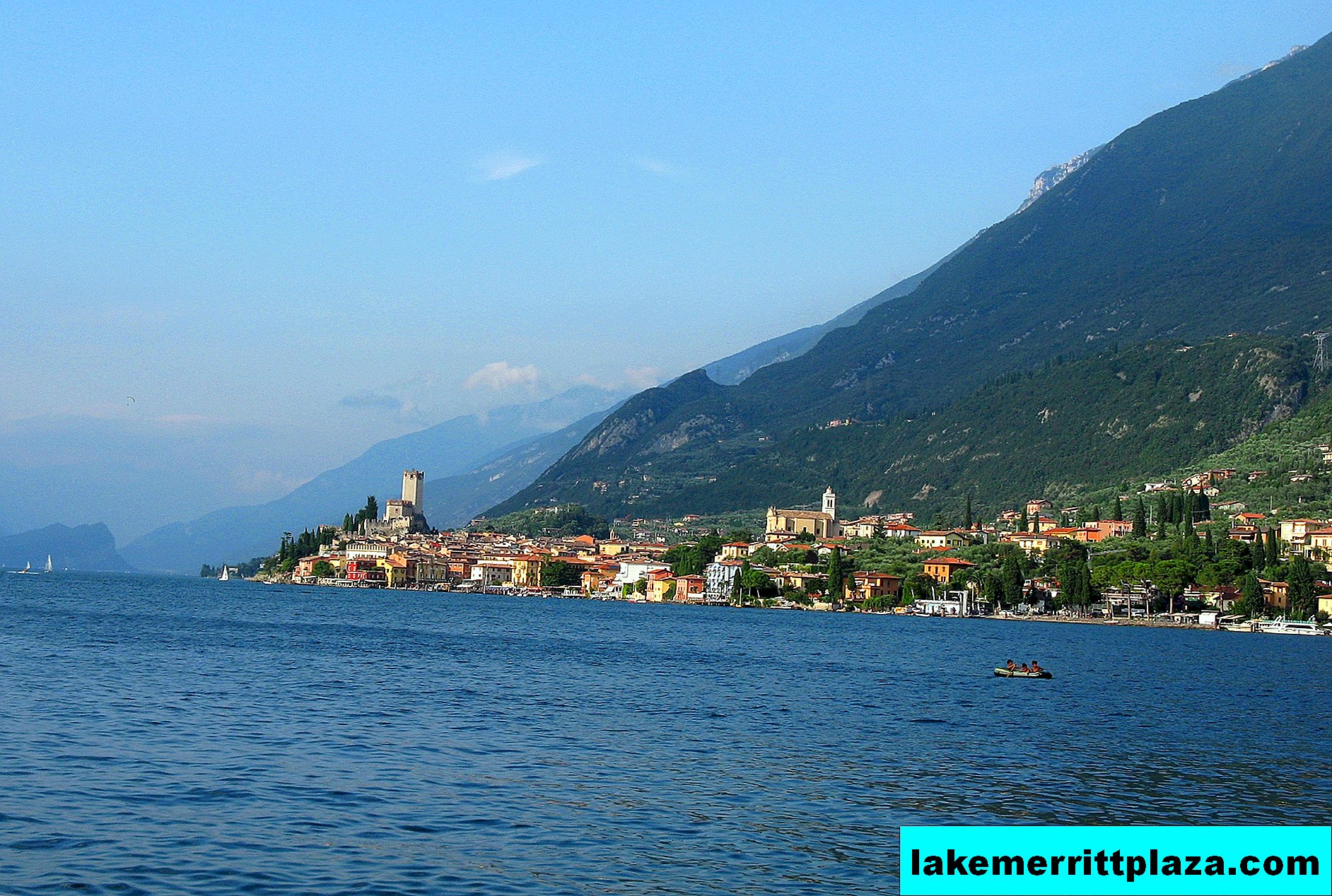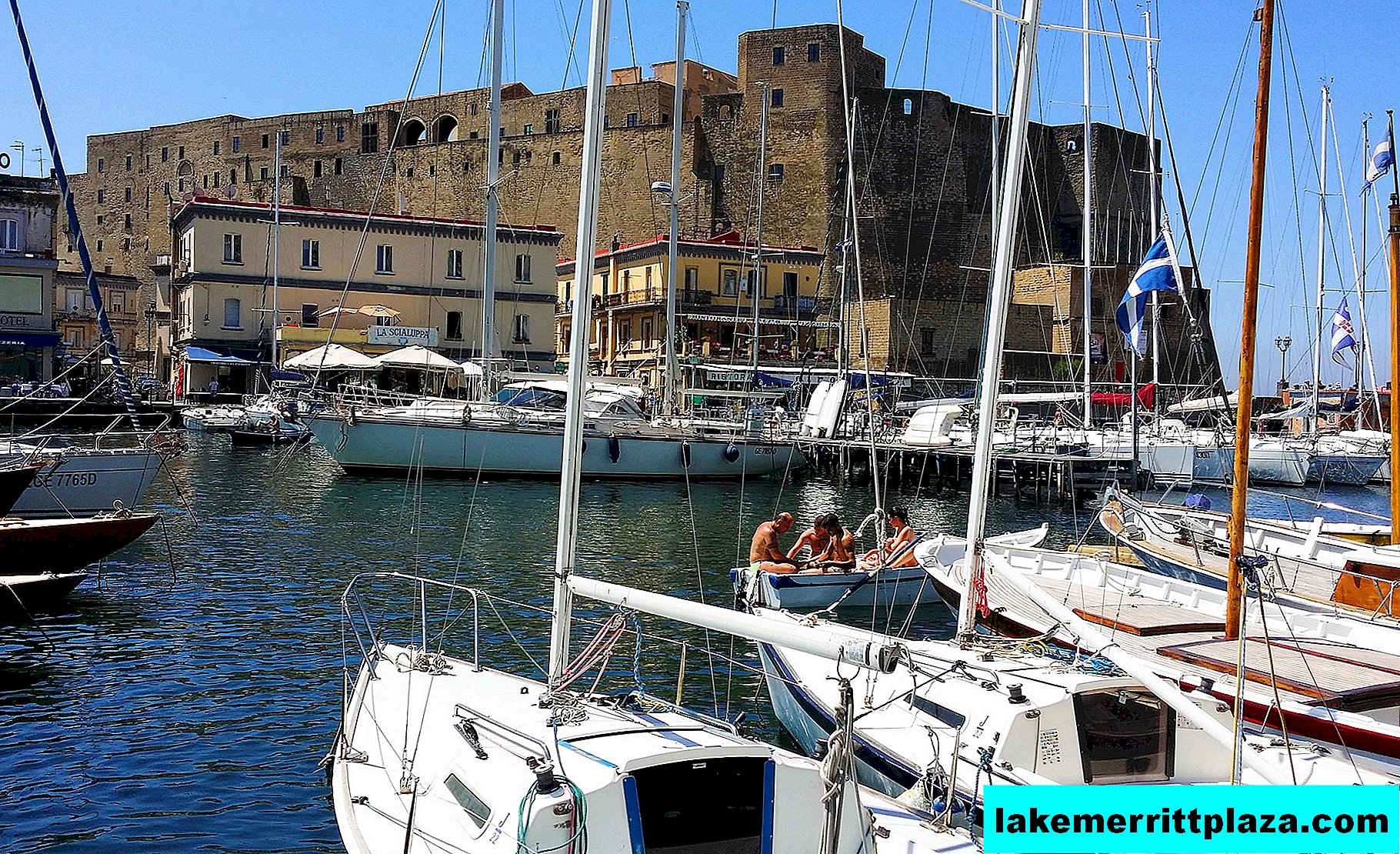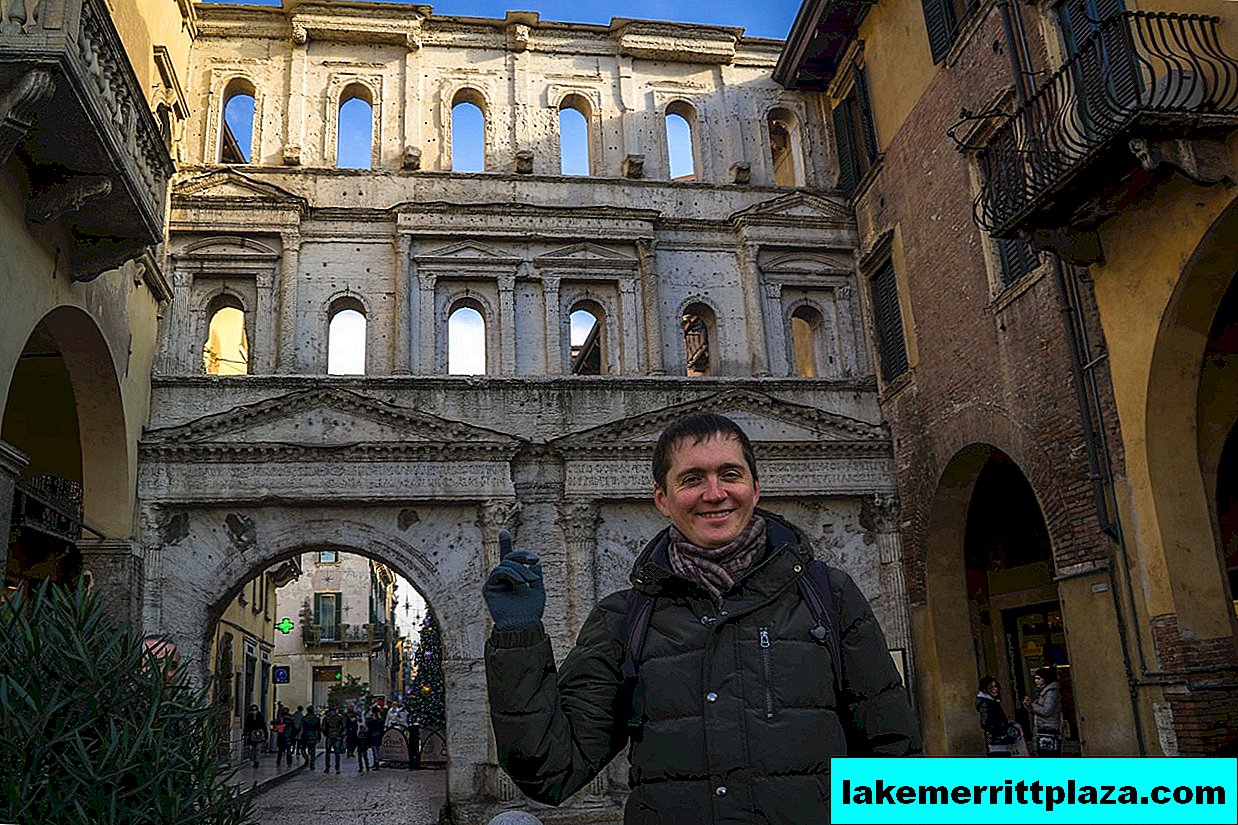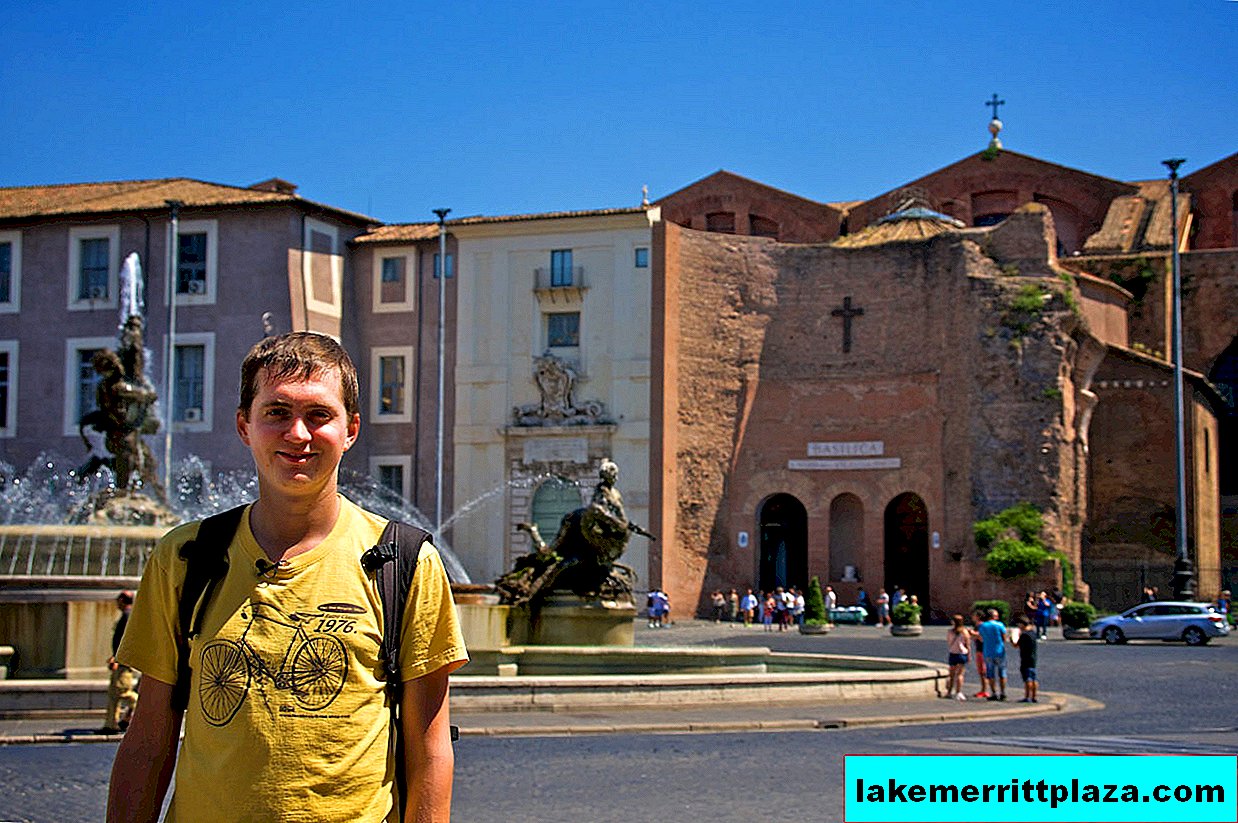People's Park is a place for leisurely relaxation, but on weekends it is crowded.

Volksgarten
In the southern part of Cologne is another large park, Volksgarten (Volksgarten) - People's Park, famous for its large and calm lake. Riding a boat or pedal boat is very popular here. People come to the park to relax on the grass in the shade of centuries-old trees or sit in the local pub. Beerhouse in Volksgarten has been operating since 1891. You can taste the magnificent Kölsch and have a good snack.
How to get there
Take the Eifelplatz tram or U12, U15, U16 metro to Eifelstr station.


